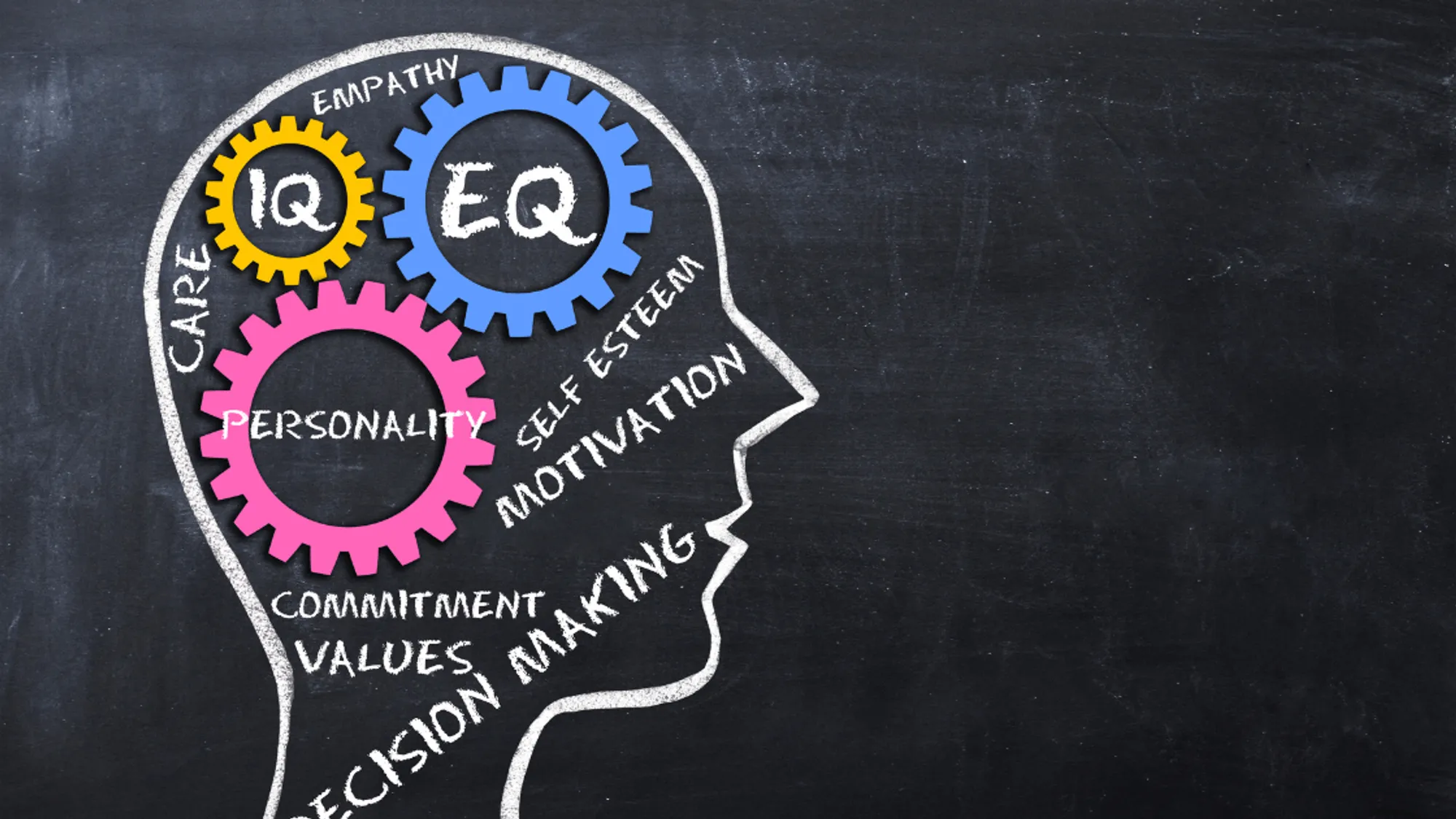React or Respond – The Power of Emotional Intelligence
We don’t always react to stimuli in an effective way. Our reaction to meeting a mother bear and cubs on the trail can trigger deep instincts for survival. How we respond, however, determines how successful those survival attempts will be. Fear, panic, and surprise are all reactions. An effective response, however, is based on taking specific steps to lower the threat level. While they may or may not save you, you’ve dug deep into your knowledge base and experience and purposely chosen the best action, given the circumstances. This Emotional Intelligence can serve you well in both personal and professional situations.
Emotional Intelligence (EI) is the ability to manage your emotions and understand the feelings of people around you. EI has five key elements: self-awareness, self-regulation, motivation, empathy, and social skills.
In business, reacting to every twist and turn of entrepreneurial life accomplishes nothing but exhaustion. If you find yourself exploding when things go wrong, expect others to rescue you, feel angry at others constantly, and try to control everything, developing your EI will make life – and your business – more productive and satisfying.
There are many online resources should you decide to investigate how an emotionally intelligent response can benefit you and we encourage you to find out more. Here are a few pointers to get started:
Self-awareness
Some emotions, such as fear and anger, can be challenging to manage. Recognizing when we are in that state is the key to dealing with them more effectively. The next time you find yourself instantly reacting, pause and ask yourself what emotion(s) you are feeling. This simple act of identification helps slow us down from immediately lashing out.
Self-regulation
A technique that becomes easier the more we practice is self-regulating our response to adverse situations. We all know someone who seems calm when chaos is all around. That person is self-regulating. They are choosing not to get caught up in the fray, but instead are considering the emotions around them and the best steps to restore calm and achieve resolution.
Motivation
The motivation for your actions dictates the outcome. Suppose you aim to resolve a problem, or deal with a difficult client. In that case, your motivation may be to peacefully and professionally reach a conclusion that satisfies all parties. This approach doesn’t mean you lose – it’s not a competition. Calmly choosing the best course of action enhances your reputation as a skilled and fair businessperson.
Empathy
The iceberg remains an excellent reminder that what we see (and display) is just a fraction of what lies beneath. Worry, stress, juggling multiple priorities, and finding time for family and friends influence how we interact with others and can be hidden beneath the water. Yet, despite our best efforts, they eventually rise to the surface, and we react. Before judging a perceived foe, remember they have an iceberg too, so awareness that they likely have unseen pressures will help you respond with compassion, grace and professionalism.
Social Skills
Developing our social skills doesn’t mean we should aim to be the life of the party. Becoming someone others respect and gravitate toward is accomplished by learning to listen well, pause before responding to think about what was said, respecting others, and accepting other viewpoints without the need to argue.
“In the last decade or so, science has discovered a tremendous amount about the role emotions play in our lives. Researchers have found that even more than IQ, our emotional awareness, and ability to handle feelings will determine our success and happiness in all walks of life, including family relationships.” – John Gottman

